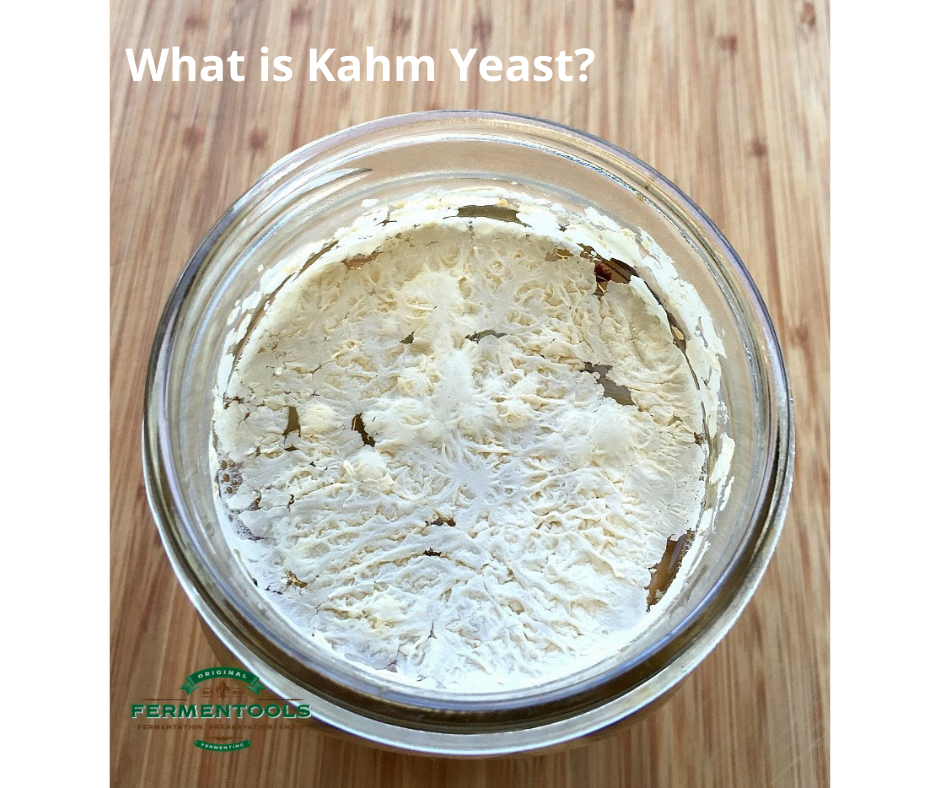
 12
12




 7
7




Visit Redhawk's soil series: https://permies.com/wiki/redhawk-soil
How permies.com works: https://permies.com/wiki/34193/permies-works-links-threads
 7
7




 1
1




Whoah!! Check out this permie deal!! https://permies.com/w/homesteading-bundle?f=232
"The only thing...more expensive than education is ignorance."~Ben Franklin. "We can easily forgive a child who is afraid of the dark; the real tragedy of life is when men are afraid of the light." ~ Plato
 4
4




Carla Burke wrote:Nicole, would you be willing to share your feed fermenting method, please?
 1
1




Whoah!! Check out this permie deal!! https://permies.com/w/homesteading-bundle?f=232
"The only thing...more expensive than education is ignorance."~Ben Franklin. "We can easily forgive a child who is afraid of the dark; the real tragedy of life is when men are afraid of the light." ~ Plato







 9
9




There is nothing so bad that politics cannot make it worse. - Thomas Sowell
Everything that is really great and inspiring is created by the individual who can labor in freedom. - Albert Einstein
 5
5




Kristine Keeney wrote:There's also a mold that grows on top that smells like old socks or something and that's a bit bad, but there's lots of open air and that's a probiotic for the chickens which is part of why I started playing with the feed in the first place. When the particularly pungent mold gets too bad, I wash out the buckets. Otherwise I let the active cultures carry over from day to day, which seems to do well for the flock.









 6
6




There is nothing so bad that politics cannot make it worse. - Thomas Sowell
Everything that is really great and inspiring is created by the individual who can labor in freedom. - Albert Einstein
 2
2




Whoah!! Check out this permie deal!! https://permies.com/w/homesteading-bundle?f=232
"The only thing...more expensive than education is ignorance."~Ben Franklin. "We can easily forgive a child who is afraid of the dark; the real tragedy of life is when men are afraid of the light." ~ Plato
 5
5




David Widman
 8
8




 2
2




John Daley Bendigo, Australia The Enemy of progress is the hope of a perfect plan
Benefits of rainfall collection https://permies.com/t/88043/benefits-rainfall-collection
GOOD DEBT/ BAD DEBT https://permies.com/t/179218/mortgages-good-debt-bad-debt
 5
5




Our Destination is Our Legacy
www.peacefulvalleyfold.com
 5
5




Nicole Alderman wrote:Once we'd finished off that emergency bag of conventional feed and went back to their normal, organic feed, the awful smell was gone. No more stinky poos! It's truly amazing the affects that feed can have upon animals!
Zone 6, 45 inches precipitation, hard clay soil




 6
6











 5
5




There is nothing so bad that politics cannot make it worse. - Thomas Sowell
Everything that is really great and inspiring is created by the individual who can labor in freedom. - Albert Einstein
 7
7





|
Even monkeys fall from trees. I brought you an ice pack tiny ad.
Large Lot for Sale Inside an Established Permaculture Community — Bejuco, Costa Rica
https://permies.com/t/366607/Large-Lot-Sale-Established-Permaculture
|


